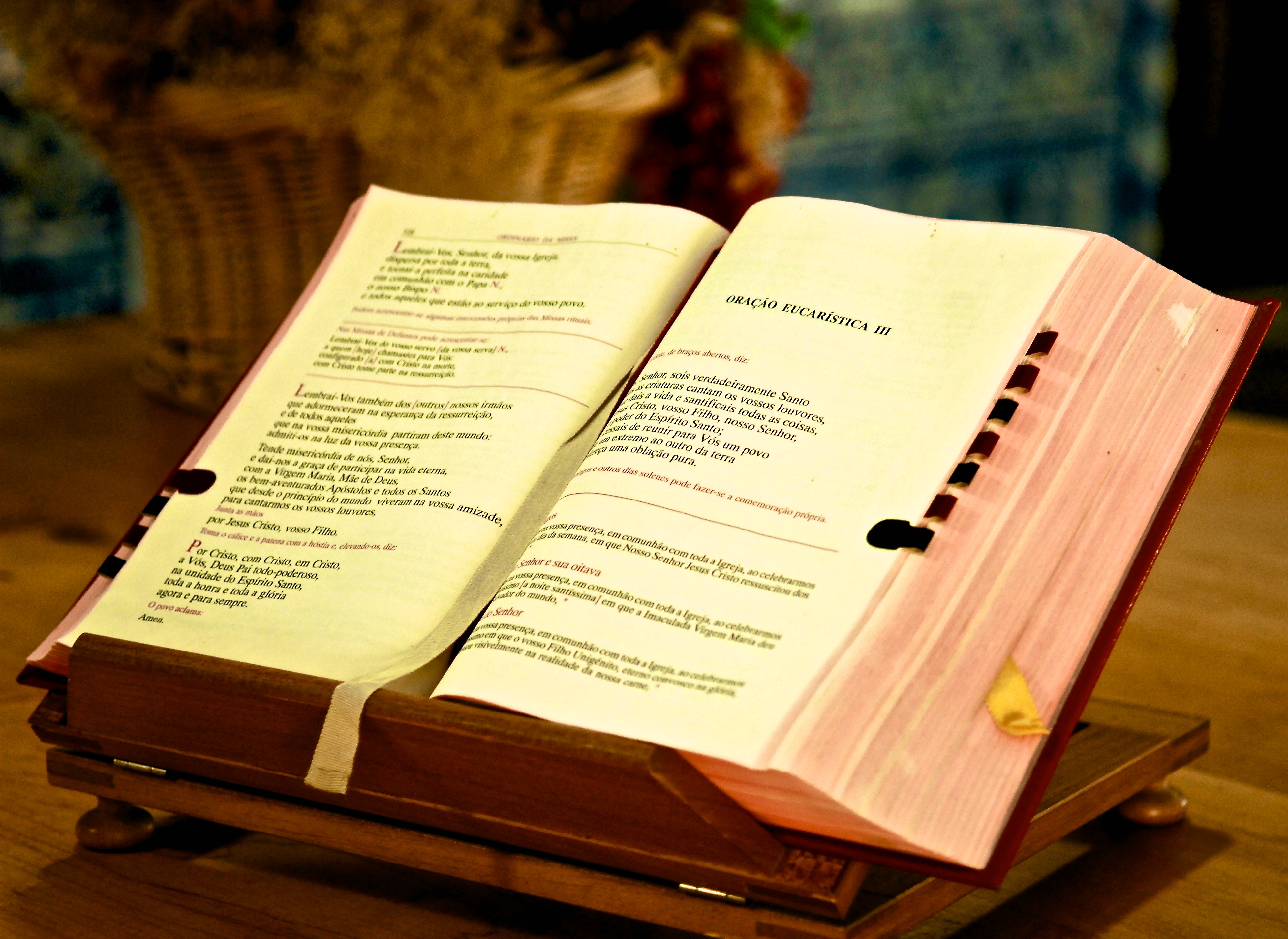One of the most common challenges of GMing is to keep coming up with NPCs that are meaningfully distinct. Another used to be coming up with names, but in today’s world of the internet, that one is solved. Between name generators, baby name sites, and sites that break down the specific meaning of names, you really only need a couple of minutes at the most to find an appropriate name for your NPC that you just had to make on the fly. But personality remains a tough one.
The old advice for this is “base them off of a fictional character.” And that can
work really well, but the approach benefits from going a little ways past the obvious examples.
For example, let’s say you have an NPC paladin that you want to depict. The obvious
pop-culture touchstone for that is Captain America. There’s nothing wrong with going that
route, but your paladin is going to feel very standard. The MCU version of Cap especially
doesn’t have a lot of connections outside of the other Avengers and SHIELD, doesn’t
have living family, and is able to devote the entirety of his life to being a superhero. Again,
there’s absolutely nothing wrong with this approach, but the character you get will look a
lot like what people expect a paladin to look like.
Let’s say instead that you base
your paladin on Atticus Finch from To Kill a Mockingbird. This is still very fitting;
Atticus is definitely a Lawful Good character (though this is less important in some systems and
settings than others), he’s calm and brave, and he also has instilled these traits in his
kids. This is all pretty standard paladin stuff, but it’s not all there is to Atticus.
Notably, Atticus is a widower with a pair of children, a daughter and a a son. His daughter is
particularly precocious and bright. So by basing the character on him, you can potentially have
three NPCs – the paladin himself, his daughter and his son. Based on Scout’s
personality in To Kill a Mockingbird, the daughter NPC could herself be some sort of
adventurer-in-training, or a full-fledged young adventurer in her own right. Depending on the age
of the Atticus and Scout characters, you can also make Jem an important NPC. You can also mix this
up, gender-flipping one or several of the characters, making the kids different ages, adding
additional kids or reducing the number to one, making the character a divorcee or still married to
a living spouse, etc.
There’s also Atticus’s profession: he’s an attorney, which means a direct connection to the justice system where he lives. So maybe you have a paladin who is a court officer of some kind, such as a bailiff or even a magistrate or judge. And of course, this can also mean that you scrap the idea of making the NPC a paladin in the first place and make them something else that fits better. Even some smaller details can be useful. Atticus wears glasses. Maybe the paladin has some vision problems. That may or may not be severe; you can turn the knob all the way up to making them blind or make them slightly nearsighted or farsighted, which may even affect their fighting style if this is an NPC who will be aiding or squaring off against the party. Maybe they can’t see well beyond 20 feet or so and therefore don’t carry any ranged weapons at all, opting to close with distant enemies rather than risk bystanders by trying to engage at a distance. Or maybe they can’t see close-up, which has them using a polearm or bow as their weapon of choice so they can keep foes at a more clearly-visible range.
When you’re looking over your bookshelf for ideas for source material, don’t neglect your Bible, either. As long as you’re respectful, I see no reason why you couldn’t use a figure from scripture as inspiration for an NPC. (Not to put too fine a point on it, but we’ve done several episodes with that theme.) Want a weak public official? Look at Pontius Pilate. He wanted to do the right thing, but caved to pressure. Put that in an NPC’s past along with the traits that saw them making that decision in the first place and see where it takes you. Need a compelling and unique druid with a solid moral compass and a prophetic mission? You could scarecely do better than John the Baptist. One of the things that makes scripture a solid source for character inspiration is that so many people in the Bible are incredibly flawed. Even the heroes like Moses and David screw up and fall short in big ways. You can get some fantastic villains out of it, too. Jezebel was a terrifying woman and would make a fantastic starting point for an evil monarch or spellcaster. Nebuchadnezzar, by contrast would make for an interesting villain who starts off harsh and dangerous and then has a change of heart.
You can also draw on the “characters” of your own life. I personally think it is best to do this as an homage; that is to say, base NPCs that the players are supposed to like on real people that you like, rather than making villains out of people who frustrate you. To give an example from my own personal history, at my very first job while I was still in high school, I worked with a woman named Georgette. She was a petite woman with a friendly, hardworking personality, the sort of world-weary humor that you often encounter in veteran service employees, and she was extremely good at her job. It’s been over 20 years since I worker with her last, and I still don’t think I’ve ever seen a supermarket cashier who could rip through an entire cart full of groceries as fast as her. I have based more than one NPC on Georgette over the years because she left a strong impression on me.

But you can even go further afield than that. In my Sunday game, I have Dreamlands Cats as one of the playable species in the world. For those unfamiliar with them, Dreamlands Cats are sapient cats. Not cat people like Leonin or Tabaxi. Just … cats. With human-level intelligence. One of our cats, Monty (pictured here in all of his floofy, undignified goofiness), formed the basis for a Dreamlands cat NPC named Montague that is the security chief for the docks district in Gedevar. I took Monty’s ridiculousness and his silly demeanor, but I also used the fact that he is gentle, affectionate, and actually seems empathetic a lot of the time. Montague the NPC is funny – he has a specific funny voice that I use for him and he has a bit of Monty’s bumbling, goofy personality, but Monty is also a BIG old linebacker of a cat, so I made Montague into a solid, powerful cat, too. He may be tiny sized, but he wears a suit of full plate based on work like you find in this article and he is both good at keeping the docks secure and also at judging character.
He and his team (of humanoids who report to him) have aided the PCs against the tyranny of the Vanorax, keeping a bunch of officers ashore while the PCs took a Vanorax ship and made off with it.
I could (and still might) easily do something with our other cat, Sterling, though I would make him a rogue instead of a paladin like I made Monty – Sterling is rambunctious and athletic. He likes to run around and climb to high vantage points, and he’s a lot more fond of his personal space than Monty, who is a snuggler. He’s bold and audacious and impulsive. He’s also got an extremely expressive face and body language – he’s melodramatic in a way that I haven’t seen in most cats I know. If he shows up as either a dreamlands cat or the basis for a tabaxi, he’s going to be a very different character than Monty – just like in real life.
Obviously, actual cat NPCs are a bit of an edge case, but you could easily base the personality of a ranger’s wolf companion on a dog you knew. Animals could also form the basis of the personality of a sapient non-humanoid such as a sphinx or a manticore, particularly if you wanted them to be memorable and/or recurring. A crotechety sphinx based on Grumpy Cat would be pretty entertaining.
There will always be NPCs whose personalities you want to hand-design every aspect of for a specific role in your story. But in most campaigns, there will also be a bunch where you don’t need or want to put that much thought in, and basing them off of characters you’re familiar with – real or fictional – is a great way to get out of ruts and wind up with something unique.
Photo by Chris Barbalis on Unsplash




